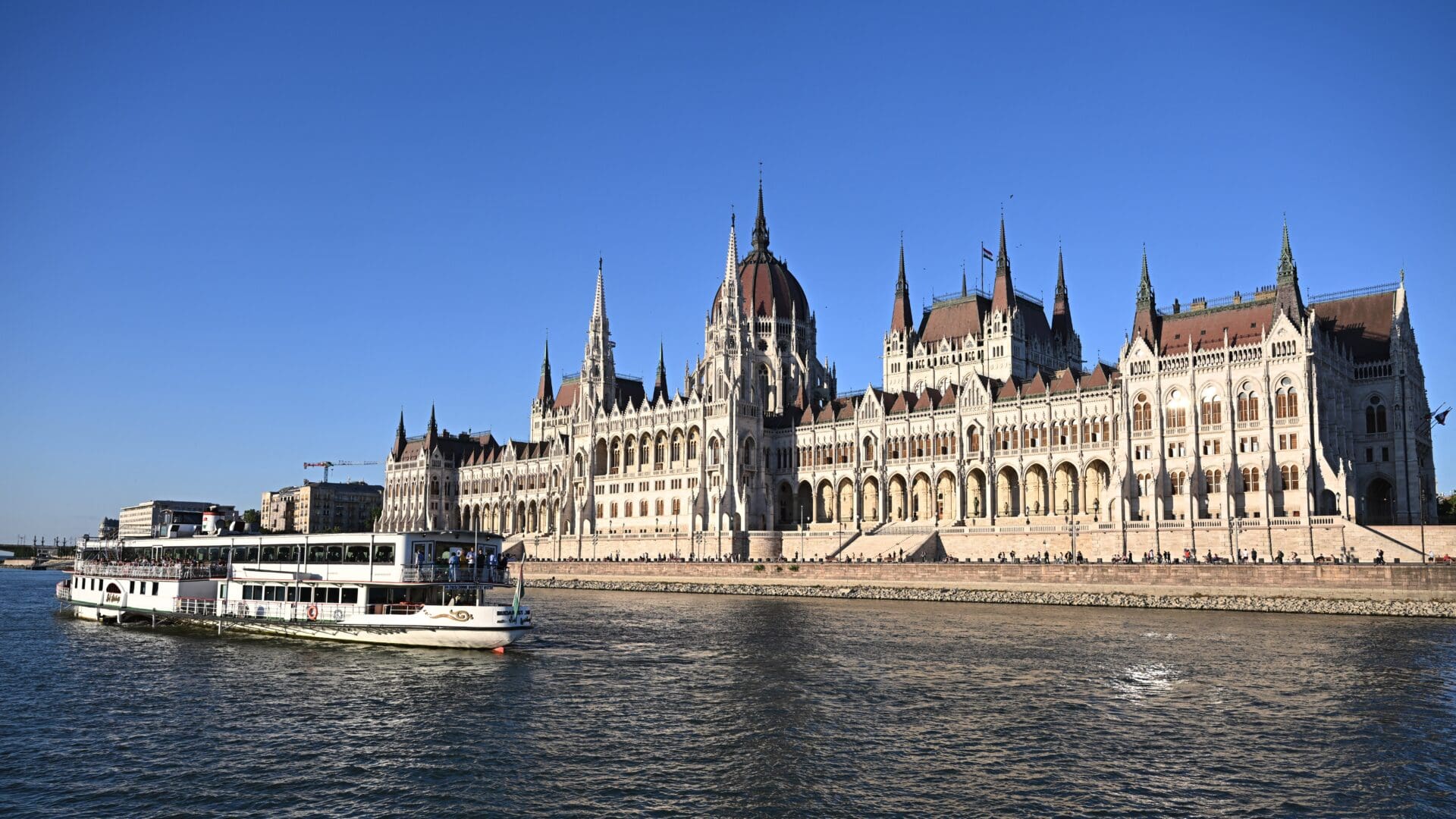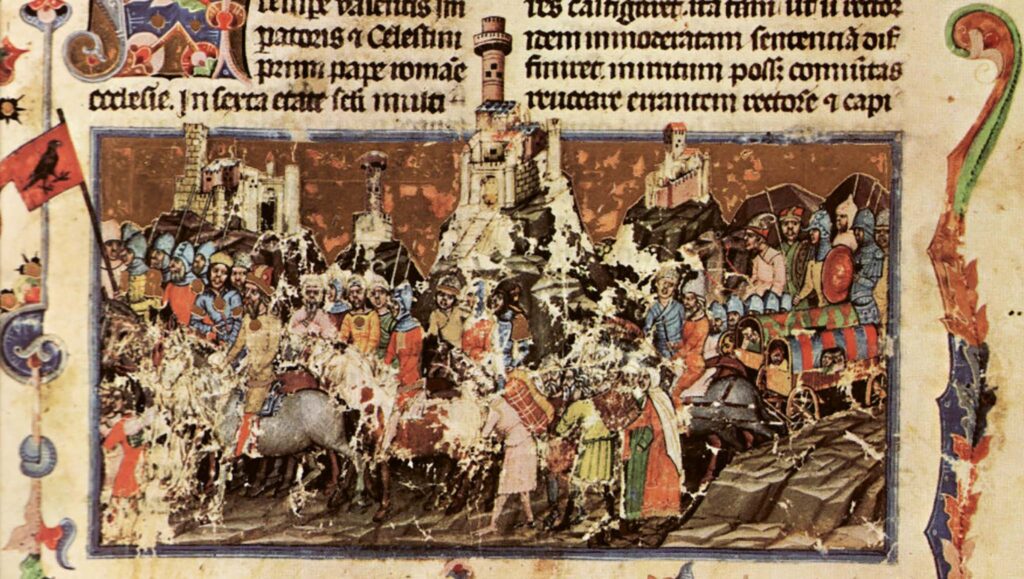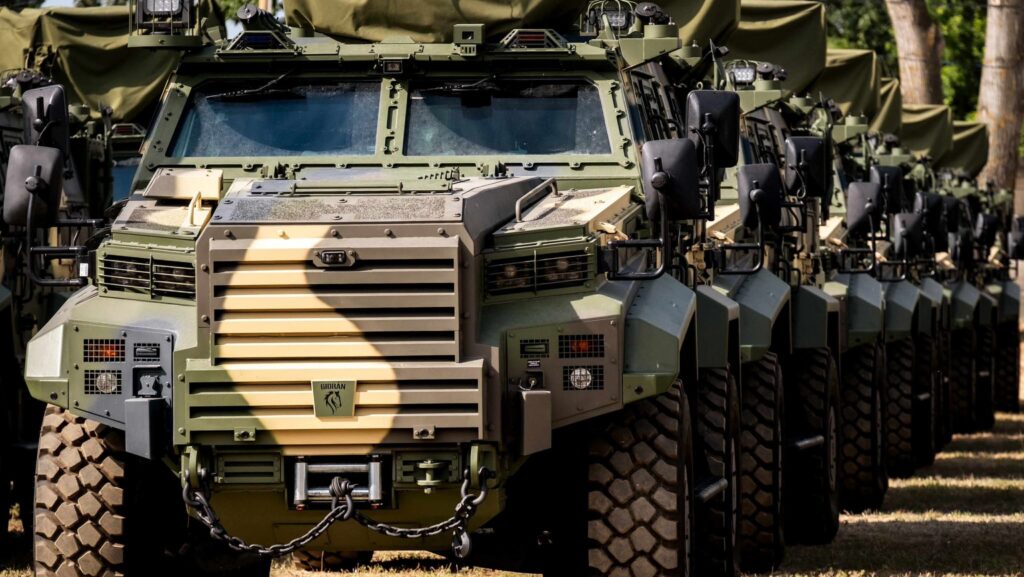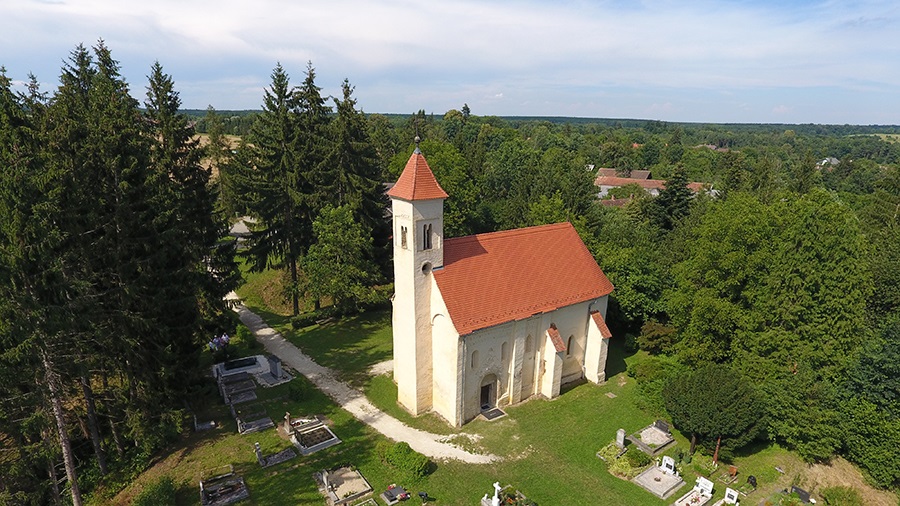The governing Fidesz-KDNP party coalition in Hungary has maintained their support, while fewer would vote for the parties of the left-wing alliance than did in 2022, as revealed by a joint political year-opening roundtable discussion organized by five polling institutes on Thursday, 11 January in Budapest.
The Centre for Fundamental Rights, Hungarian Social Research Ltd., Nézőpont Institute, Reál-PR 93, and Századvég presented surveys at the event, indicating that alongside Fidesz-KDNP, the Democratic Coalition (DK), Our Homeland (Mi Hazánk), the Hungarian Two-Tailed Dog Party (MKKP), and, according to the polling by certain research institutions, Momentum are expected to secure mandates in this year’s European Parliament elections.
The unanimous opinion of the speakers at the event was that the left-wing alliance of 2022 has lost support.
Erik Tóth, the Research Director for the Centre for Fundamental Rights, stated that Fidesz-KDNP consistently leads the political race, with 51 per cent of certain voters casting their ballots for them in a hypothetical Sunday election. He noted significant changes on the left-liberal side, emphasizing that only DK (11 per cent), Our Homeland (10 per cent), and the Hungarian Two-Tailed Dog Party (nine per cent) seem likely to surpass the five per cent threshold for parliamentary entry. This indicates that the ‘change in the opposition’ sentiment persists.
Gyula Juhász, the Research Director for Hungarian Social Research Ltd., also pointed to substantial support for the governing parties, estimating it at 49 per cent. In their survey, they anticipate the entry of DK (10 per cent), Our Homeland (10 per cent), and the Hungarian Two-Tailed Dog Party (10 per cent) into the National Assembly. Juhász highlighted that the parties of the left-wing alliance in 2022 lost many voters, with the winners being the divergent parties, Our Homeland and the MKKP.
Ágoston Sámuel Mráz, the Director of Nézőpont Institute, revealed that their January survey foresees a 55-per-cent turnout in the European Parliament elections, which, while lower than for a a national parliamentary election, is exceptionally high for EP elections. He emphasized that the ruling parties have maintained their support even in ‘difficult times’ (50 per cent), while the left-wing alliance parties collectively only achieve 30 per cent, as per their measurement.
This latter figure is the highest estimated value in the surveys conducted by the five research institutes, significantly trailing the opposition’s April 2022 results.
Mráz also discussed the possibility of cooperation among parties with less than five percent support, such as Párbeszéd, Hungarian Socialist Party (MSZP), and Jobbik.
However, he pointed out that the weight of DK, measured at 14 per cent, would be substantial and unavoidable in a potential collaboration on the left. According to their projections, alongside DK, Momentum and the Hungarian Two-Tailed Dog Party would each secure 8 per cent, while Our Homeland would attain 7 per cent.
András Bánki, the Analyst at Reál-PR 93, deemed the support for the governing parties stagnant (47 per cent), but measured MKKP at the highest, with 11 per cent. He added that this support is expected to decrease due to the fluctuation in the number of voters. According to Reál-PR 93, DK would receive 12 per cent, Our Homeland eight per cent, and Momentum six per cent of the popular vote. He expressed that although parties formed since the 2022 elections have appeared on the periphery, they are far from gaining mandates.
Ádám Stefkovics, the Director for the Századvég Research Institute, stated that Fidesz’s support is measured at the same level as in the 2019 EP elections (51 per cent).
The crucial question is who among DK (11 per cent), Momentum (eight per cent), MKKP (nine per cent), and Our Homeland (10 per cent) will secure mandates behind them. He would find it surprising if the MSZP and Jobbik were to secure mandates, and agreed that during the campaign, the perception of the dog party as a joke party and its ability to garner support will be decisive.
Related articles:
Source: Hungarian Conservative/MTI








